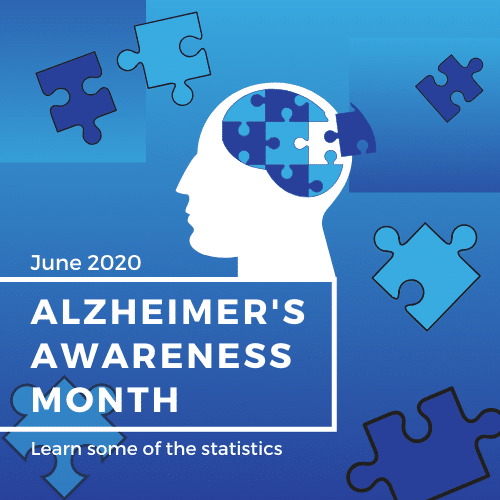Alzheimer’s Disease is the most common form of dementia, causing memory loss, confusion, difficulty performing daily tasks, and changes in behavior and judgement. There are over 5 million people in the US living with Alzheimer’s, but the prevalence of the disease is growing rapidly, with projections showing this number could increase to 13.8 million by 2050. Research into understanding the disease and identifying potential therapies and cures is of the utmost importance.
The major goal of Alzheimer’s research is to find therapies that could treat the disease or prevent it from developing. C. elegans has emerged as a promising in vivo model for studying Alzheimer’s disease because of its small size, large number of progeny, completely sequenced genome, and short life span, over traditional animal models of vertebrates. These benefits contribute to an ideal research model organism, which not only allows studies of genes that are homologous to human genes but also favors transgenic expression of human disease-related proteins. Furthermore, C. elegans provides an easily traceable genetic background that permits the study of knockdown or knockout of disease-related genes. Researchers can use these worm models to quickly screen for any genes or compounds that modify the toxic effects of these pathologies or progression of diseases in the worm—a step towards finding therapeutic targets in humans




